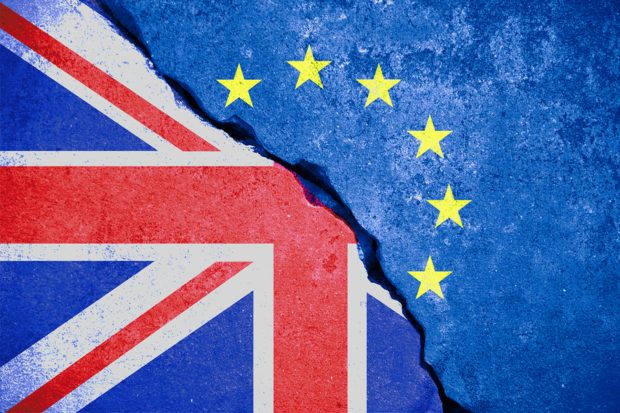Britain’s financial industry could lose up to 38 billion pounds ($48.34 billion) in revenue in a so-called ‘hard Brexit’ that would leave it with restricted access to the European Union’s single market, according to a report commissioned by an industry group.
If finance firms lose the right to freely sell their services across Europe, 75,000 jobs may disappear and the government may lose up to 10 billion pounds in tax revenue, the report by consultancy firm Oliver Wyman said.
The study is one of the first to outline the impact on financial services of Britain’s vote in June to leave the EU.
The findings have been presented to the UK Treasury and other government departments, according to people with knowledge of the talks.
There is growing speculation that the finance sector, which includes retail banks, asset managers, insurers and investment banks, will lose access to the single market when the British government negotiates its EU exit.
“It is in everyone’s best interests for there to be a positive outcome to the negotiations that is mutually beneficial to the UK and the EU, causes minimum disruption to the industry and benefits customers,” Hector Sants, vice-chairman of Oliver Wyman, and Britain’s former top financial regulator, said.
The report was commissioned by the main industry lobby group TheCityUK.
Banks based in Britain are pushing for the government to secure a transitional period for their industry in case it proves difficult to negotiate a favorable deal for the industry.
The Treasury said in a statement it is working to ensure companies continue to have access to the single market.
“The government has been speaking to the financial services industry to make sure that we understand fully the issues that matter to it as we prepare for negotiations to leave the EU,” the Treasury said.
The future of London as Europe’s financial center will be a major negotiating point in Brexit talks with the EU because it is Britain’s largest export sector and biggest source of tax revenue.
Britain’s financial services sector generates between 190 to 205 billion pounds of revenue each year and employs about 1.1 million people, the report said. The industry pays about 60 to 67 billion pounds in taxes.
The report outlines the impact of two different Brexit scenarios.
In the worst-case scenario, international banks would lose all access to the single market, known as a ‘hard Brexit’, which would lead to a fall in revenue of between 32 to 38 billion pounds and put 65,000 to 75,000 jobs at risk, the report said.
If Britain keeps its access to the European Economic Area on similar terms to now then only 4,000 jobs might disappear and it would lose about 2 billion pounds in revenue.
Property investor Richard Tice, chairman of a new lobby group pushing the government for a clean break with the EU, said the report was exaggerated and other European capitals lacked the infrastructure or skills to take financial services business from Britain.
The report is “designed to scare people with special pleading. However, it lacks credibility,” he said. “Brexit is a huge opportunity for the City.”
Pro-Brexit supporters say the City could benefit from lower regulation and by refocusing on faster-growing economies in Asia. ($1 = 0.7862 pounds)





















 10 Do’s and Don’ts of a Smart ORSA Report
10 Do’s and Don’ts of a Smart ORSA Report  From Skill to System: The Next Chapter in Insurance Claims Negotiation
From Skill to System: The Next Chapter in Insurance Claims Negotiation  Premium Slowdown, Inflation Factors to Lead to Higher P/C Combined Ratio: AM Best
Premium Slowdown, Inflation Factors to Lead to Higher P/C Combined Ratio: AM Best  New Texas Law Requires Insurers Provide Reason for Declining or Canceling Policies
New Texas Law Requires Insurers Provide Reason for Declining or Canceling Policies 






